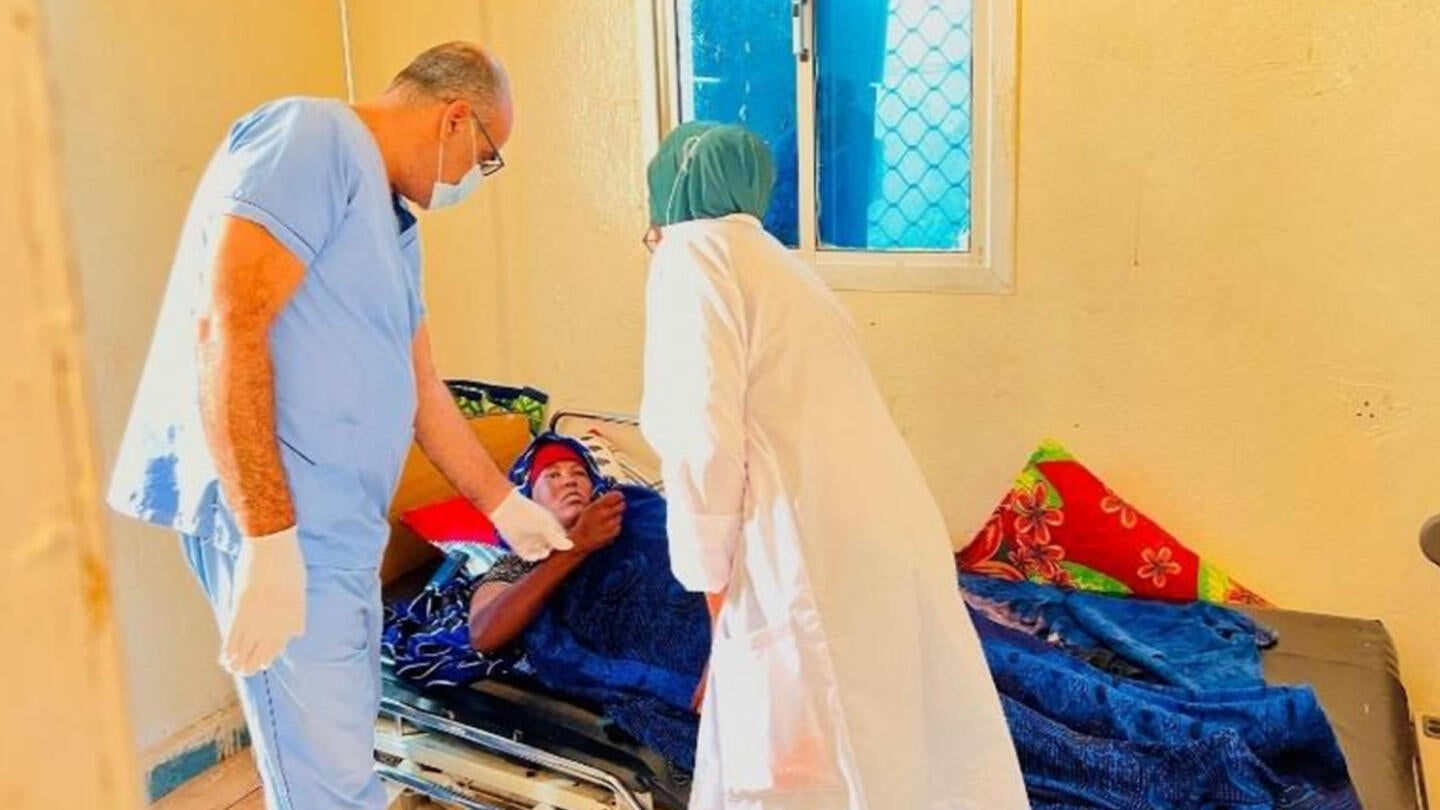In the dusty outskirts of Bosasso, within the makeshift boundaries of Boqolka Buush IDP camp, 37-year-old Ifrah Said had nearly given up hope. A mother of 11, she was in the throes of a dangerous labor with her 12th child — her health rapidly deteriorating due to anemia and the absence of proper medical support. With no money to seek help and relying on an untrained traditional birth attendant, Ifrah endured a harrowing three-day labor at home that could have easily cost her and her baby their lives.
But a crucial intervention changed everything.
Ifrah was rushed to Ayaan Maternity Hospital, a health facility supported by the United Nations Population Fund (UNFPA), through its implementing partner Taakulo NGO. The hospital’s operations are made possible by funding from the Korea International Cooperation Agency (KOICA), which supports maternal health services in vulnerable communities like Bosasso.
Upon arrival, the skilled medical team at Ayaan swiftly recognized the urgency of Ifrah’s condition. Complications during labor, compounded by her anemia, made a Cesarean section the only viable option to save her life and her baby’s. A blood transfusion was administered to stabilize her condition, and the surgery was performed successfully — resulting in the safe delivery of a healthy baby boy.
"I was so scared that I might not make it, and I feared for the life of my baby,” Ifrah recalled, her voice trembling. “But the doctors and nurses at Ayaan Hospital gave me hope. They saved my life and my baby’s life. I am so thankful for everything.”
More than just emergency surgery, Ifrah’s care included counseling and access to family planning services. Understanding the dangers future pregnancies could pose to her health, she opted for an IUD, a decision that empowers her to safeguard her well-being and care for her family with greater stability.
Today, Ifrah is recovering and grateful — not just for the medical care she received, but for the dignity and compassion with which it was delivered. “I never thought I would get this kind of care, especially since I had no money. I feel blessed. Now I can plan my future and be a better mother to my children.”
Her story is a powerful reminder of what can be achieved through timely, quality health interventions. Without the KOICA-funded services at Ayaan Hospital, Ifrah’s story might have ended in tragedy. Instead, it became one of hope, survival, and renewed purpose.
Through its partnership with UNFPA and Taakulo, KOICA’s support is not only saving lives — it is reshaping futures. Ifrah’s journey underscores the impact of collaborative humanitarian aid in reaching those who need it most.


